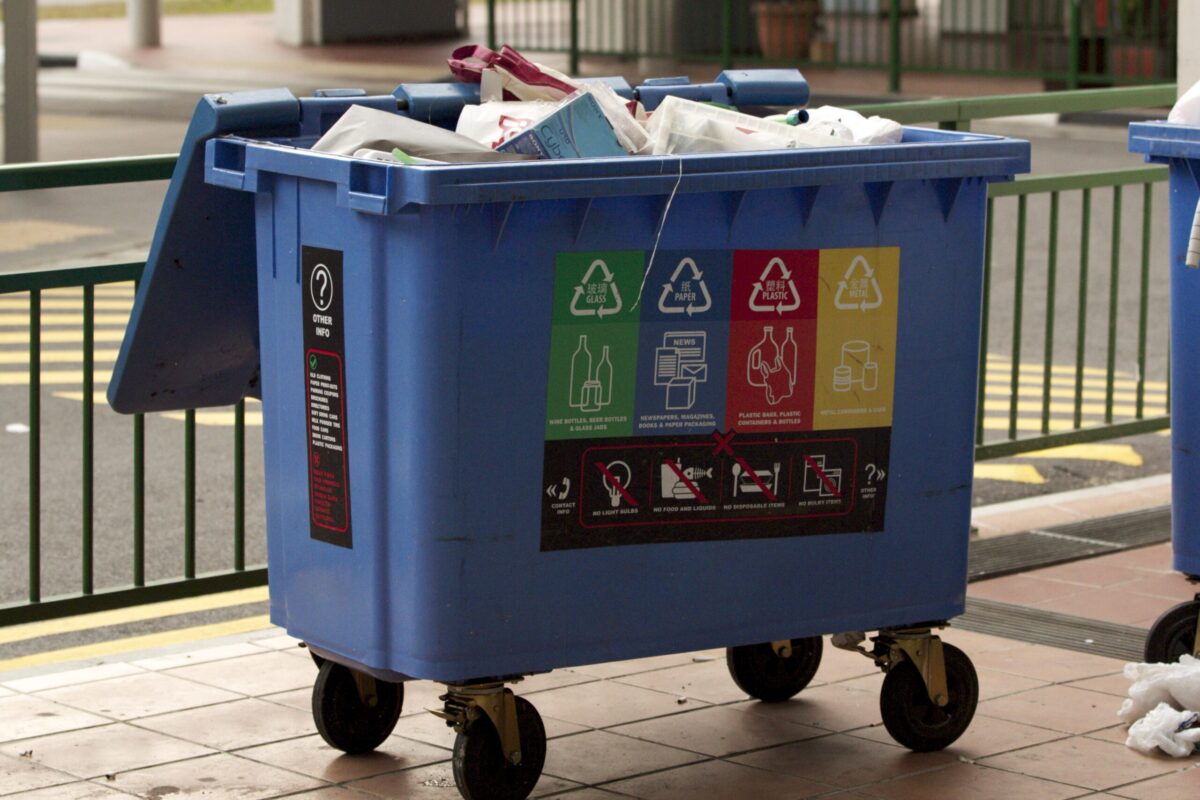1. Go for recycled products
Recycled toilet paper, napkins, kitchen towels, and handkerchiefs are recommended by the World Wild Fund This is because recycled paper products reduce chlorine pollution greatly while also saving millions of trees and gallons of water.
2. Check out your local farmer’s market
You’ll not only get fresher, tastier food, but you’ll also be helping your local economy. What’s more, is that it comes at a lower cost. Shopping locally can reduce the amount of transportation fuel required. It also removes the need for food preservation chemicals.
3. Quality over quantity
Long-lasting things may cost a little more upfront. However, they will save you a lot of money over time. Choose things that are long-lasting and reusable and avoid single-use plastic and paper.
4. Buy used products
Purchase as many secondhand products as possible. Used products are substantially less expensive. They also help to avoid all of the environmental expenses associated with producing new items.
5. Go digital
Switch to getting an online subscription or reading for free instead of receiving your newspaper and magazine subscriptions in the mail. You can choose to access digital sources for your news and media to save paper. You can also save a lot of trees by using ebooks instead of print books.

6. Buy in bulk
You will save money and shopping trips if you buy huge quantities of fresh food. You’ll also be reducing packaging. If bulk produce isn’t your thing, you can always try dry items like sugar, rice, flour, cereals, and other grains.
7. Make wise choices
When picking your vegetables, think about the environment and choose organic. Organic farms are significantly more environmentally friendly. You will also find that organic food has a direct impact on your health, providing several vital advantages. You can save money and help the environment, all while staying healthy.
8. Stick to the season
Seasonal produce will almost certainly taste better and be less expensive, so stick with it
9. Carry your own bag
Because more and more establishments are charging for bags these days, bringing your own is both cost-effective and environmentally friendly. Some establishments will even reward you with a discount if you do so.

